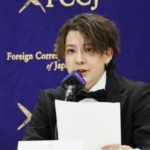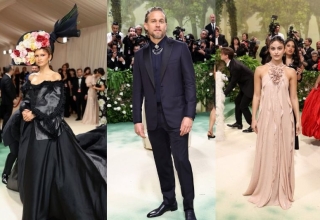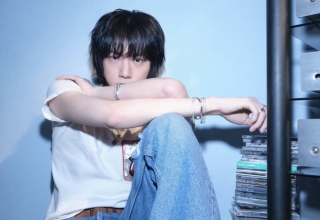
In a seismic upheaval within Japan’s entertainment landscape, some of the nation’s most prominent companies are cutting ties with Johnny & Associates, a powerful talent agency rocked by accusations of sexual assault involving hundreds of teenage boys. The scandal has sent shockwaves through the country’s entertainment industry, prompting both public and commercial responses.
NHK, Japan’s public broadcaster, announced this week that it will refrain from entering new contracts with stars from Johnny & Associates until it is assured the agency has taken substantial steps to address the crisis. “We will suspend making new offers until we make sure that it is taking concrete steps to compensate the victims and take prevention measures,” NHK’s president, Nobuo Inaba, conveyed to reporters.
Cancel Culture on the Situation
The commercial backlash against the agency has intensified since Julie Fujishima, the then-president of Johnny & Associates, publicly acknowledged this month that the agency’s late founder, Johnny Kitagawa, had abused young men and boys aspiring to succeed in Japan’s highly competitive pop scene. Notably, Fujishima is Kitagawa’s niece and, despite her resignation as president, she still retains 100% ownership of the agency’s shares.
Criticism arose when the agency chose to retain its name, further fueling discontent among victims and firms utilizing its performers in advertising campaigns. In response, the agency’s board convened last week to discuss a potential name change, with an official announcement anticipated on Monday.
NHK’s decision carries significant ramifications as it implies that the agency’s top stars are unlikely to participate in its iconic New Year’s Eve singing contest, Kohaku Uta Gassen (the Red and White Song Battle), a television tradition since the early 1950s.
Keep Reading
Saying Goodbye to Johnny & Associates
Prominent companies such as McDonald’s Japan, Japan Airlines, Nissan, Kirin, and Suntory have either terminated or suspended their commercial affiliations with Johnny & Associates. This drastic action followed an August assessment by a panel of experts, concluding that the agency had concealed Kitagawa’s sexual abuse for decades.
Takeshi Niinami, the president of Suntory, was unequivocal in his stance, stating, “Using the agency’s talent would mean we are tolerating child abuse,” according to the Kyodo news agency.
Johnny Kitagawa, the agency’s founder who passed away in 2019 at the age of 87, was instrumental in launching several successful J-pop groups, including Smap and Arashi, both of which garnered massive followings in Japan and across Asia.
The allegations against Kitagawa first surfaced in 1999 when the weekly magazine Shūkan Bunshun published accusations of sexual abuse by young men hired by the agency. Kitagawa responded with a libel lawsuit against Bunshun, which initially awarded him damages.
The panel of experts who scrutinized the agency’s actions asserted that Japanese media had refrained from reporting the allegations, fearing repercussions, as Johnny’s, as it is widely known, represents numerous popular artists.
This month, the government unveiled plans to establish a temporary hotline staffed by qualified counselors, specifically for male victims of sexual abuse. Ayuko Kato, a minister responsible for child-related policies, emphasized, “We hope victims will feel safe and can use the service without hesitation.”
The agency has declared the formation of a panel of former judges to ascertain the compensation to be awarded to survivors of Kitagawa’s alleged abuse.
The spotlight on Kitagawa’s conduct intensified following the broadcast in March of a BBC documentary titled “Predator: The Secret Scandal of J-Pop.” Subsequently, Kauan Okamoto, who had been recruited by the agency at the age of 15, courageously came forward with allegations of abuse, revealing that he had endured sexual assault on at least 15 occasions at Kitagawa’s opulent Tokyo apartment. His revelations prompted other former agency members to share similar accounts of their experiences.
This unfolding scandal not only shakes the foundations of Japan’s entertainment world but also heralds a much-needed reckoning with the country’s response to sexual abuse, and a profound shift in societal attitudes toward safeguarding the vulnerable.
























